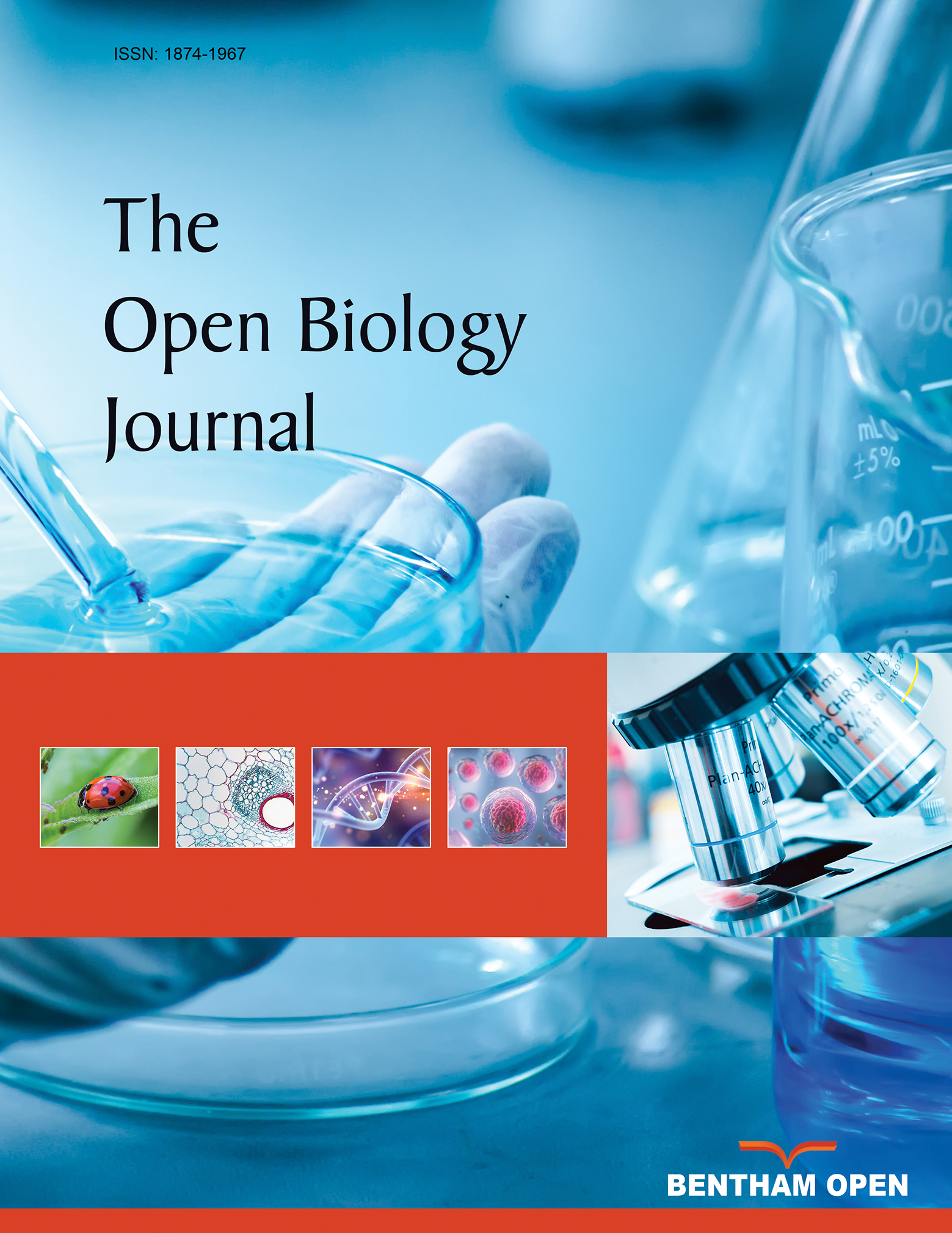All published articles of this journal are available on ScienceDirect.
Fighting Nosocomial Infection Rates in the General Surgery Department of the Teaching Hospital Gabriel Toure in Bamako, Mali
Abstract
Nosocomial infections (NI) or hospital-acquired diseases are indicators of the quality of care. This study conducted in Mali aimed to determine the frequency of nosocomial infections, to recognize the risk factors, to identify the pathogens and their sensitivity to antibiotics and to determine the additional cost of care. The study lasted 6 months from January to June 2007, and the diagnosis of nosocomial infections was based on criteria from the USA C.D.C (Center for Disease Control). We identified 460 patients and 44 among them (9.6%) were affected by nosocomial infections, which included 31 cases of surgical site infections (57.4%), 9 cases of infections on burns (16.7%), 7 cases of lung infections (13%), and 7 cases of urinary tract infections (13%). The most frequently isolated bacteria were Escherichia coli (44%). All isolated bacteria were resistant to amoxicillin and 46% were sensitive to ciprofloxacin. The risk factors for infection were emergency surgery, ASA (American Society of Anaesthesiology) class and the type of surgery defined by Altemeir. The preoperative preparation of the patients, the strict respect of hygiene and asepsis to the operating room can reduce the frequency of NI in our country.


